Description
ABSTRACT
The Intersection of Insolvency and International Commercial Arbitration: Nigeria and Selected Jurisdictions
Joshua Olewu*
The Covid-19 pandemic has undoubtedly heightened the risks of corporations becoming insolvent due to its many disruptions to commercial activities worldwide. Hence, discourses on the prevailing post-covid19 concerns become necessary. When insolvency transect with international commercial arbitration (ICA), certain challenges, such as the validity of arbitration agreement, capacity, arbitrability, award enforcement etc., undeniably arise. Dispute resolution via ICA is a binding private mechanism where parties of diverse nationalities agree to resolve disputes privately and by their own basic arrangements. In comparison, insolvency is a centralised and transparent court-regulated procedure governed by domestic/national laws over the management of the assets of an insolvent entity. The obvious disparity in the character of the dispute resolution avenues holds serious consequences for parties. This work examines the position of Nigeria on this intersection and recommends lessons from the approaches in some jurisdictions with developed jurisprudence over the subject matter. Particularly, the insolvency practices reviewed here are the company administration and winding-up under the Companies and Allied Matters Act (CAMA) 2020. Through a doctrinal methodology, this research finds that some developed jurisdictions (USA and France) have a systematised and internationalist approach towards addressing issues connected with the subject matter. This piece finally recommends promulgating clearly defined legislative instruments and/or reforms on the subject matter to provide regulatory clarity and other attendant benefits for Nigeria.
Keywords: Insolvency, International commercial arbitration, Arbitral awards, Covid-19, Financial crisis, Arbitration and Mediation Act.
INTRODUCTION
Disputes are inevitable in every facet of life and in the same vein, it permeates society – from family quarrels to multinational corporate clashes.1 As globalisation keeps international commercial relations on a sporadic increase, parties to these transactions often adopt arbitration as a dispute settlement model. Dispute resolution via arbitration is a binding private mechanism by which parties agree to resolve their disputes privately and are bound by their outcome. There may be other challenges parties face in these relations, which may hamper their capacity to pursue further and be bound by their commercial arrangements. One such impediment is insolvency.
* LL.B (Hons); ACIArb
- AAOkharedia, ‘The Emergence of Alternative Dispute Resolution in South Africa: A Lesson for Other African Countries’ (A Paper Presented at the 6th IIRA African Regional Congress of Industrial Relations, Lagos Nigeria, January 2011) accessed 10 October 2021.

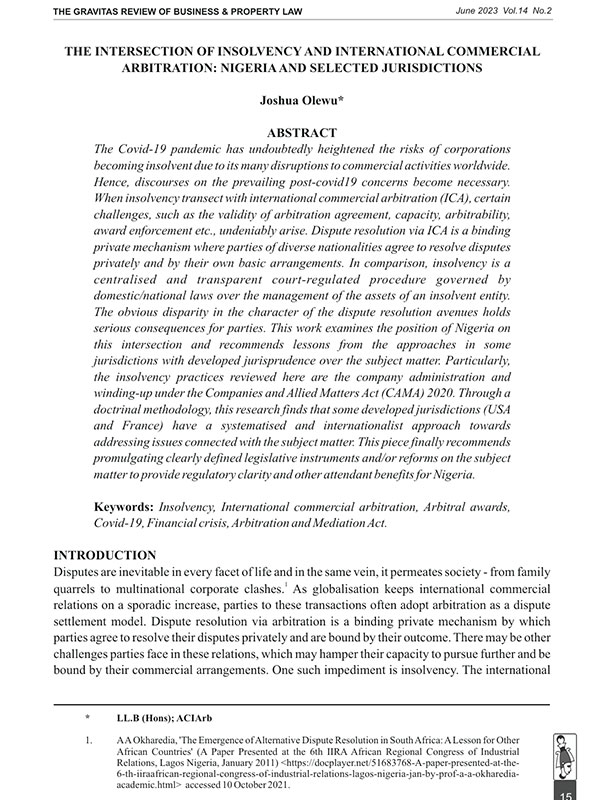
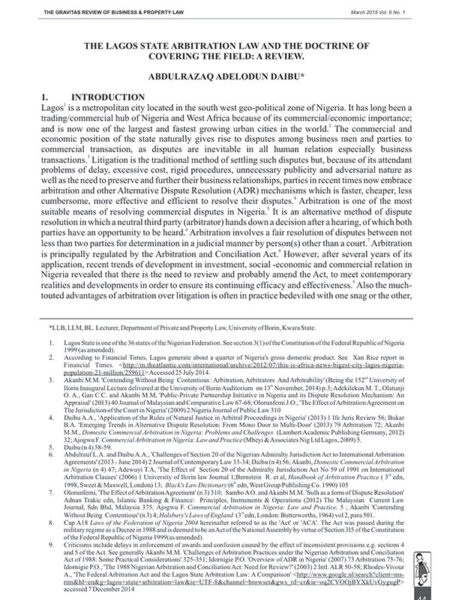
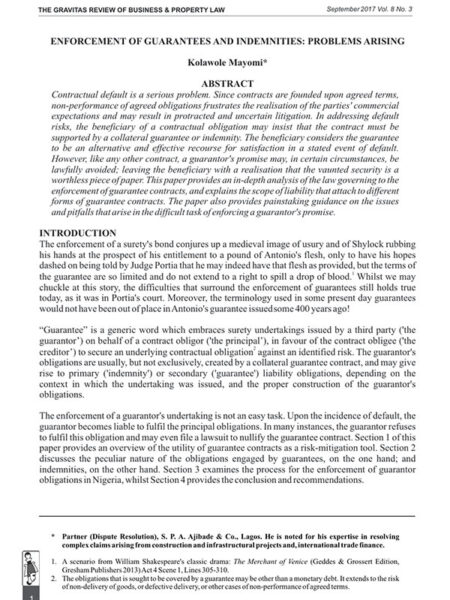
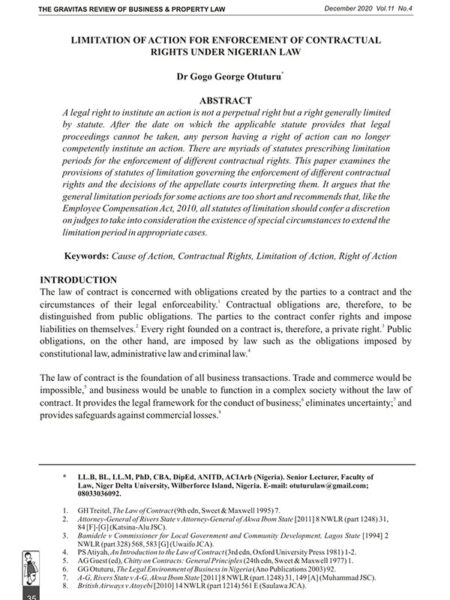
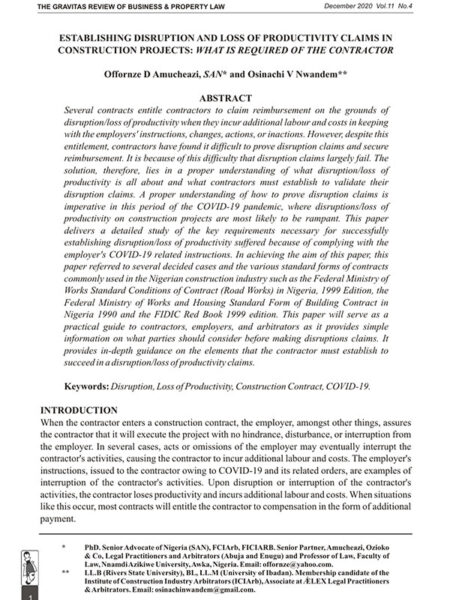


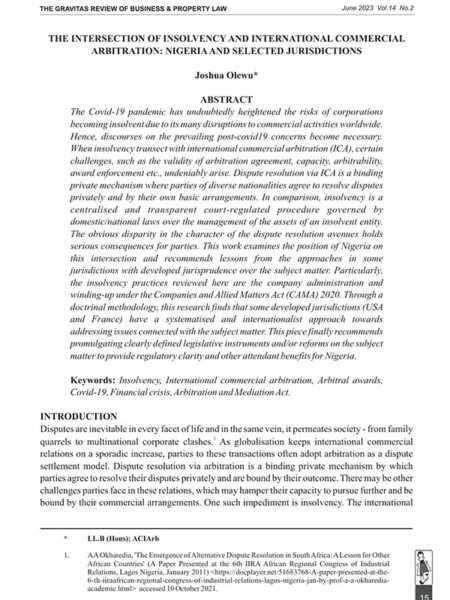
Reviews
There are no reviews yet.